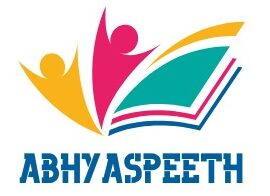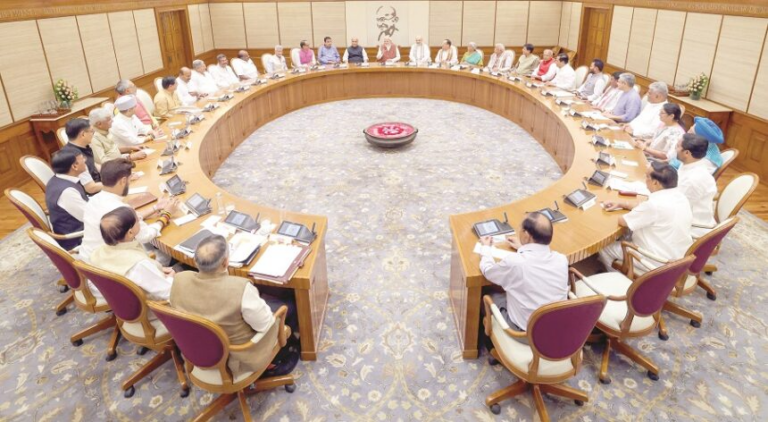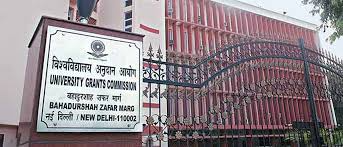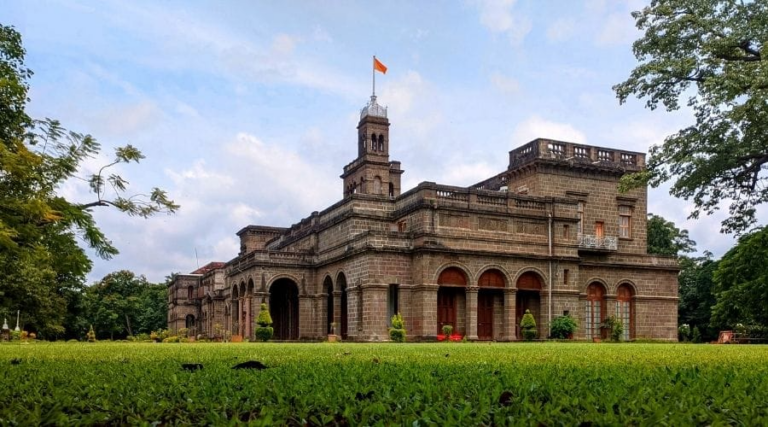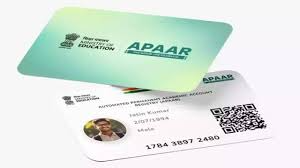
Abhyspeeth Desk
Jaipur : The Rajasthan High Court has strongly reprimanded the state government for extending the Swami Vivekananda Scholarship for Higher Studies to students from affluent families, calling it a misuse of public money meant for the underprivileged.
Justice Anoop Kumar Dhand, while hearing a petition by a student seeking benefit under the scholarship, observed that the scheme—originally launched as the Rajiv Gandhi Scholarship—was being implemented in a discriminatory manner. The court noted that scholarships had been awarded to students whose parents earned more than ₹25 lakh annually, depriving academically meritorious but financially weak students of opportunities.
> “Millions of rupees have been granted in the name of scholarships to wards of wealthy and influential parents. This deprives deserving students with excellent academic records who cannot afford higher education,” the court remarked.
The scholarship categorizes applicants into three income brackets:
E1: Family income up to ₹8 lakh
E2: ₹8–25 lakh
E3: Above ₹25 lakh
The High Court has barred the government from granting scholarships to candidates in the E3 category until further orders, emphasizing that it “cannot close its eyes to such discretionary functioning” and alleged misuse of the exchequer.
Court Slams State for Withholding Beneficiary Data
In a previous order dated April 17, the court had directed the state government to submit a list of all scholarship recipients since the scheme’s inception. However, the government failed to do so. The court criticized this non-compliance, suggesting an attempt to “hide the identity of the beneficiaries and their parents.”
Justice Dhand has now reiterated the order, instructing the state to provide a full list of E1, E2, and E3 beneficiaries along with their parental details before the next hearing scheduled for May 9, 2025.
This case underscores the urgent need for transparency and fairness in the distribution of public welfare schemes, especially those targeting educational upliftment of economically disadvantaged students.
